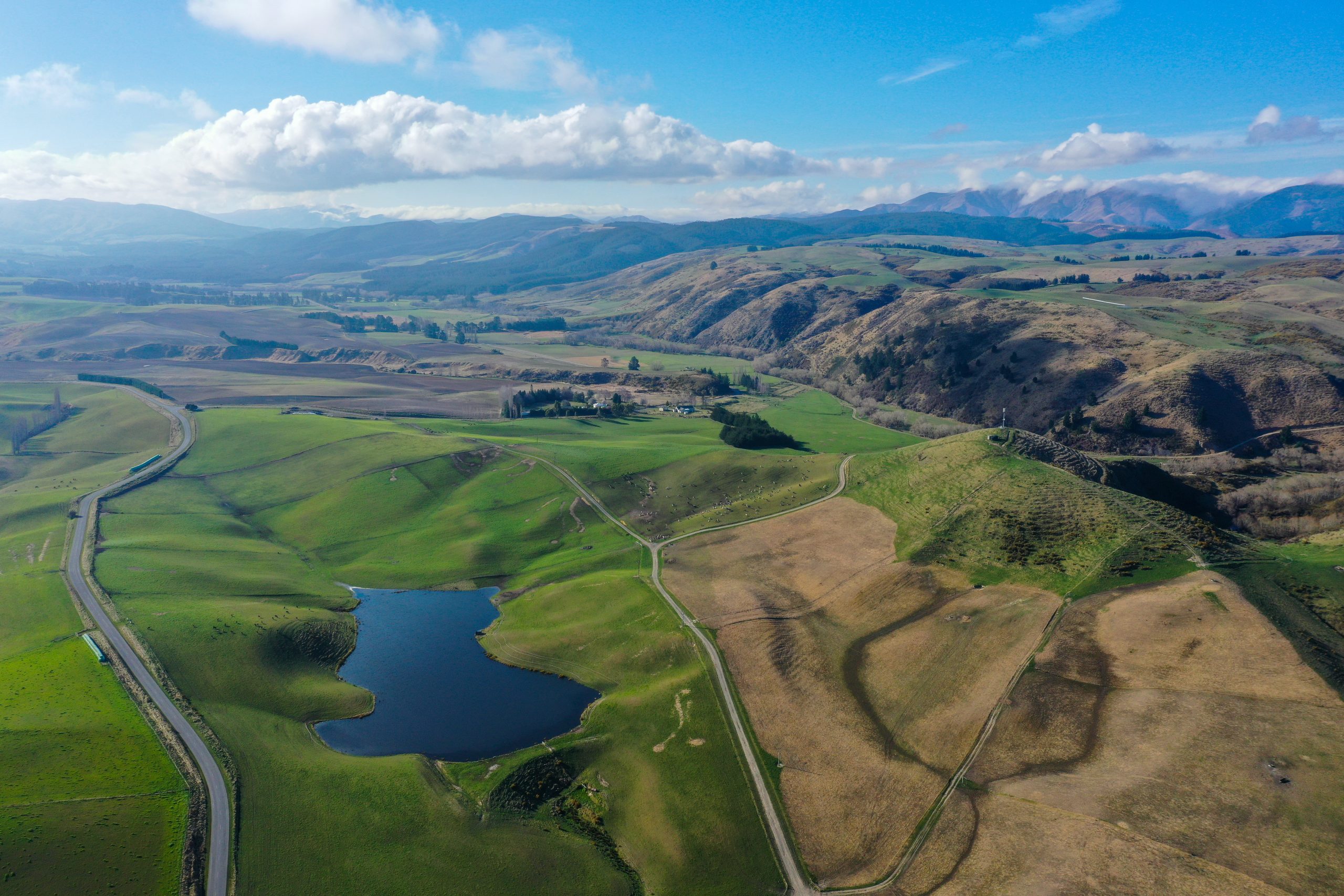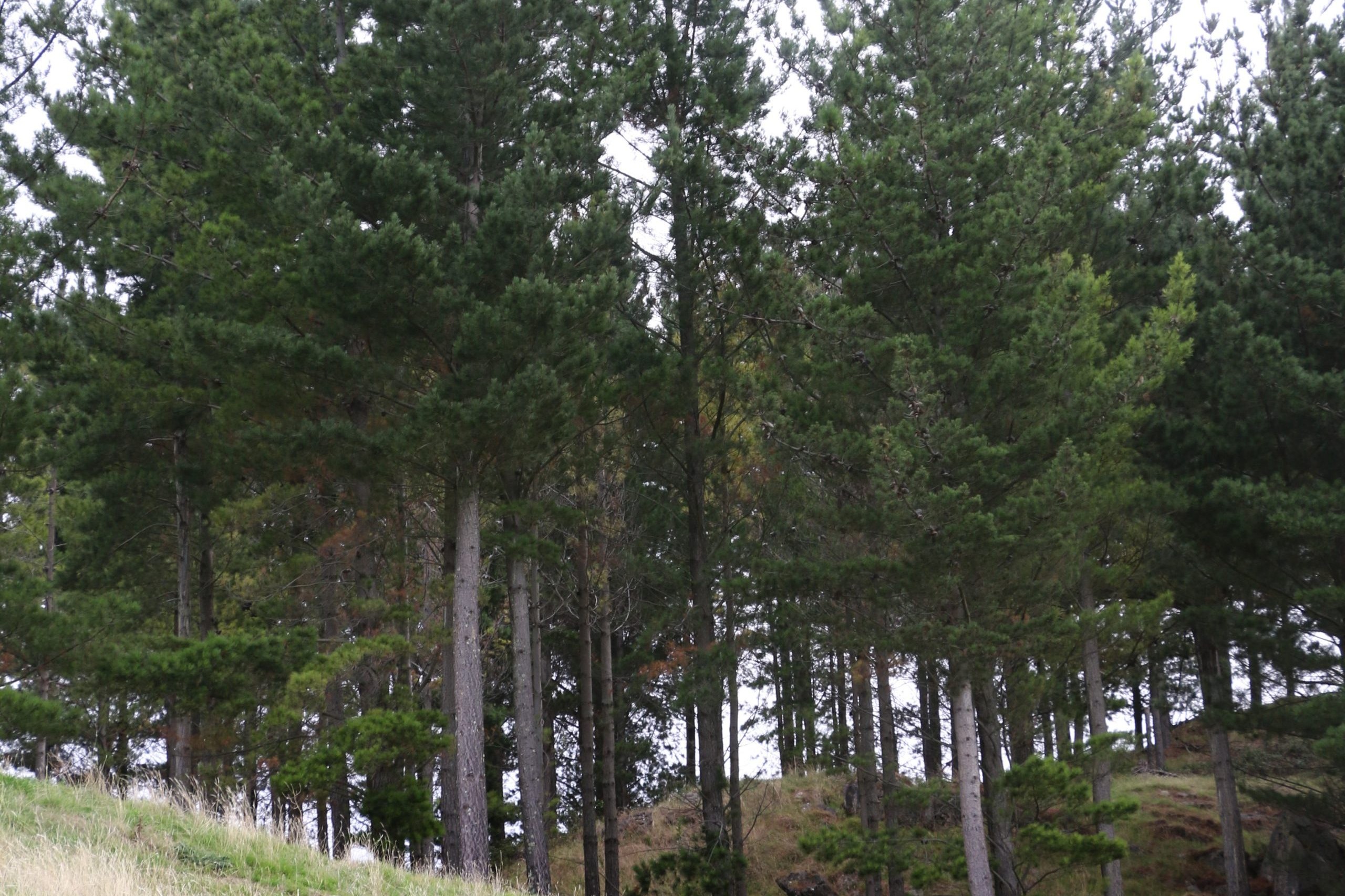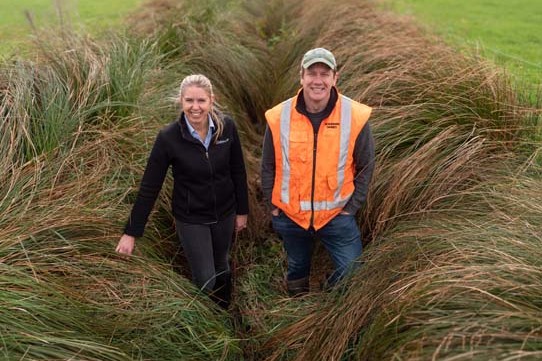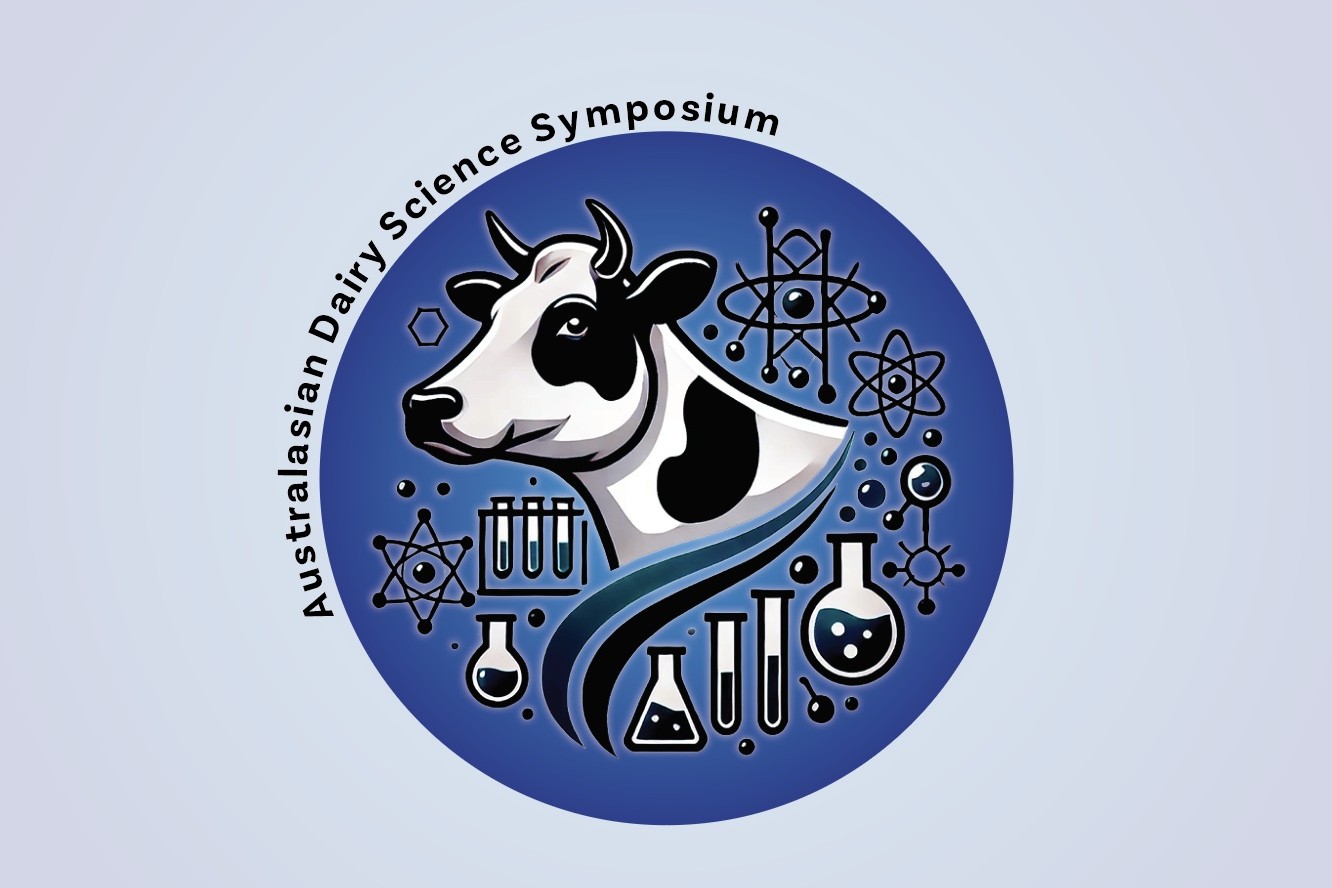Andrew Swallow
Breakdown the silos, forget them and us, see the big picture and work together to fix food and farming’s environmental issues, vet, farmer and ecologist Alison Dewes told the recent ProteinTech conference at Auckland Airport.
Dewes’ diatribe was dominated by dairy, but she also proposed solutions and stressed at the outset she was “not trying to have a go at agriculture”.
Excluding hydro-power use, dairy accounts for 78% of New Zealand’s water use and there’s a systemic breakdown in freshwater health, she said.
“I’m going to talk about the crap that’s getting into our tap. There’s actually a straight line if you join the dots.”
The National Policy Statement on Freshwater Management had been 20 years in the making but despite five tweaks was still failing to deliver with 62% of freshwater unsuitable for swimming and 75% of freshwater fish at risk.
Councils had not been pushed to act, resulting in “permissive regimes” for farming.
Dewes acknowledged the need for GDP growth and the inevitable tension between environment and economics, then slammed current practice, in particular, wintering on crop.
“You get your gumboots sucked off,” she said, presenting a picture of cows crowding an empty feeder including one cast in mud.
There were so many trade-offs: exhausted cows; blanket use of antibiotics to prevent mastitis; lameness from seven weeks’ wet feet; poor diet for late pregnancy; sediment and pathogen run-off and drainage; N leaching triple that under pasture.
“Did I do all that just to get more winter feed?” she asked rhetorically.
Sediment run-off was a “join the dots” example of the problems. “Situations like this are how people get sick,” she said, presenting an aerial view of eaten-off winter crop paddocks bordering the Rangitikei River just above the Hunterville water intake, and a bullet point stating NZ has nine million cattle which produce 230,000 tonnes of faeces a day.
“This has a real, cumulative effect. If we tweak just one thing, it’s probably not going to work.”
Nitrate in water was “the canary in coalmine” for problems that would follow: aquatic life loss due to oxygen depletion and pathogen contamination of water supplies. The World Health Organisation water quality standard of 7mg NO3/litre, set to prevent toxicity to humans, was way too high, Dewes said.
“We need to keep it down at aquatic health levels.”
That level is 0.44 to 1mg/L, yet Environment Canterbury’s Good Management Practice guide suggests 40-45mg NO3/L losses as acceptable under intensive irrigation, and Canterbury’s ceiling for drinking water is 11mg NO3/L.
While farming may have caused the problems, farmers are the victims of historic and current poor policy and the rural sector needs help to help itself and regain its social licence, she said.
“We’re going to have to tell a real, legitimate story of how things are going to be fixed.”
Dewes’ first step was for the industry to admit its problems and that it had passed “peak livestock”. Numbers have to be cut, and practices such as wintering on crop and prophylactic use of antibiotics phased out (see box).
Meanwhile a national vision for “one health” is needed: human, animal, and environmental. New KPIs would be needed and farming should restore natural resources rather than extract and pollute.
“We need to admit our problems… talk to people we’ve not talked to before; be bold; be courageous. We actually don’t have that long.”
DEWES’ DAIRY REFORM
- Cut cows 40% – herd of 1000 becomes 600.
- Nil bobbies – rear for beef.
- Develop biosecure farm systems.
- Use less N fertiliser, more alternative pasture, no winter crops.
- Halve N leaching from 80kg/ha to 40kg/ha
- Halve N in groundwater: 40mg/L to 20mg/L.
- Profit unchanged assuming long-term mean milk and beef prices.





